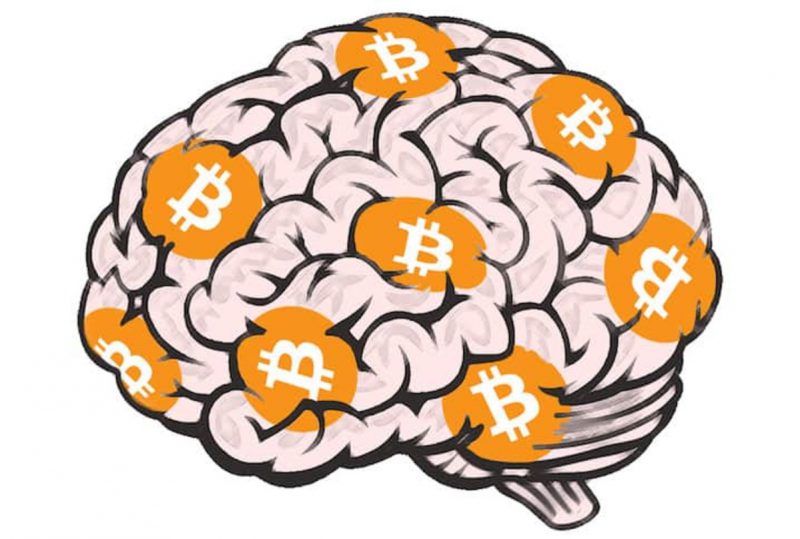Ever since the collapse of the prominent centralized exchange FTX, the masses have started migrating towards self-custody wallets. Such wallets allow users to be their own bankers and give them complete control of their funds and private keys. Parallelly, wallet security also becomes their sole responsibility.
A recent search conducted by cops from the state police agency in Nevada made a suspect’s seed phrase public. An officer’s body camera apparently captured the access phrase. It took no time for the video footage to get viral on social media platforms like Twitter.
Notably, two police officers were inspecting a suspect’s car and came across bits of paper. A particular piece of paper disclosed the suspect’s hand-written seed phrase.
Quote-tweeting a video showcasing the same, Changpeng Zhao [CZ] asked users to learn about the risks involved in storing crypto. The Binance executive further asserted that he was a proponent of “free choice.” He also said that everyone is free to HODL their crypto “anyway” they wish.
What Are Bitcoin Brain Wallets?
Under CZ’s tweet, a particular user stated that if one went on to memorize the private key or seed phrase, then the brain would become an ultimate Bitcoin wallet. Replying back to the same, CZ pointed toward the IRL concept of “brain wallets.”
Memorizing a mnemonic recovery phrase aids users to store BTC in their own minds. Basically, if the mnemonic is not recorded anywhere, the Bitcoins will essentially be held only in the mind of the owner. Memory techniques usually assist users to memorize and recall the phrase easily.
However, if the phrase is forgotten or the person dies or loses memory or gets permanently incapacitated, the underlying Bitcoins are lost forever. Stressing on the same, CZ opined that “humans forget over time.”
Writing down physical copies of one’s brain wallet defies the purpose of a brain wallet. Likewise, if the copy of a brain wallet is another brain wallet (i.e., someone else’s brain), then that person can access the private keys and crypto, re-defeating the ultimate purpose of such wallets. Kicking the ball further, CZ went on to assert that brain wallets do not cater to the inheritance tangent either.
Achilles’ Heel
To create a brain wallet, one can generate a new address using Bitcoin wallet software, memorize the seed phrase, and then delete the wallet from the e-gadget. Alternatively, users can also generate private keys by themselves using Bitcoin software specially designed for creating such wallets.
Using the latter method will create a wallet using whatever passphrase the users choose to represent their private key. Having said that, it should be noted that this method of generating a brain wallet is quite insecure and is usually generally warned against.
An anonymous BitMex researcher’s report from 2020 chalked out how vulnerable user-generated passphrase wallets can be based on the quality of the password. The researcher went on to generate eight wallets using quotes from literature, an excerpt from Bitcoin’s white paper, and lyrics from a Bob Dylan song.
Interestingly, the wallet name based on the opening line “Call me Ishmael” of Herman Melville’s novel Moby-Dick was hacked the second it was created. The others were all gradually decoded within the same day. Nevertheless, the quote from the Bitcoin white paper took the longest to crack [roughly 13 hours].
The report concluded by arguing that brain wallets may not be a safe way to store coins, certainly not by using popular phrases in published works. However, the researcher also said,
“… if one knows what they are doing and has a strong understanding of the risks involved and how the attackers operate, it may be safe to use a brainwallet to a limited extent.”





